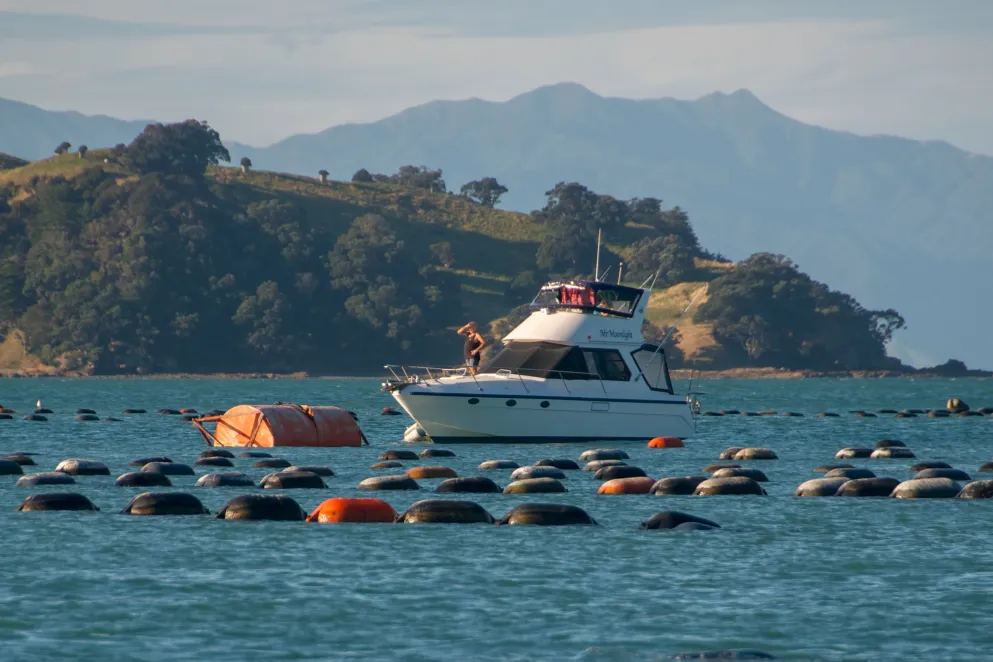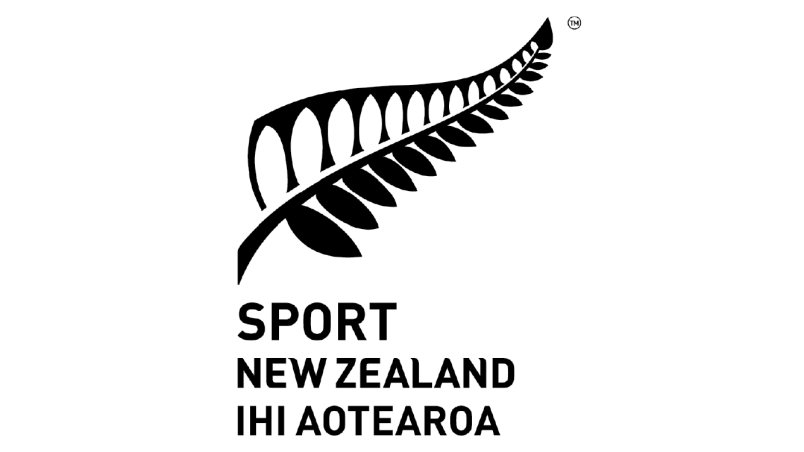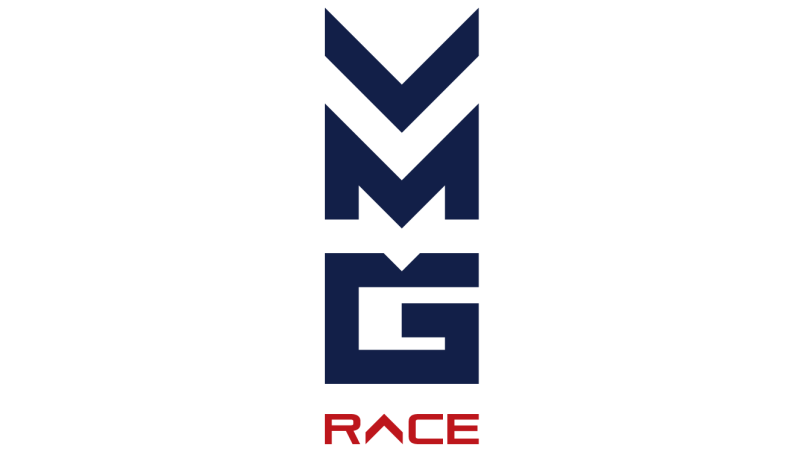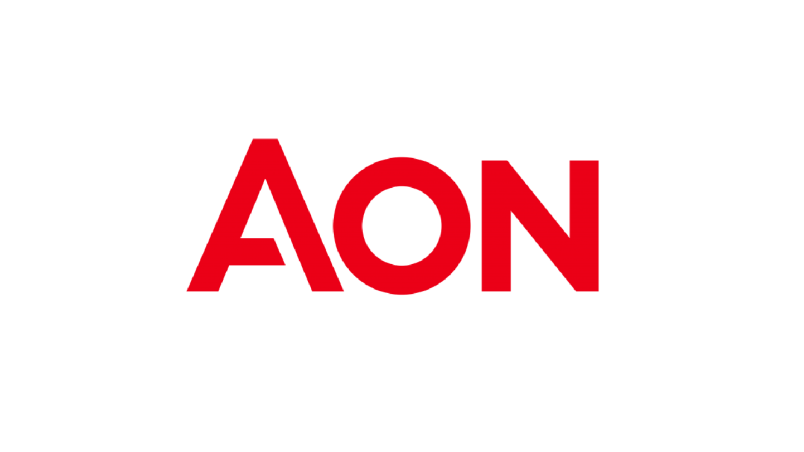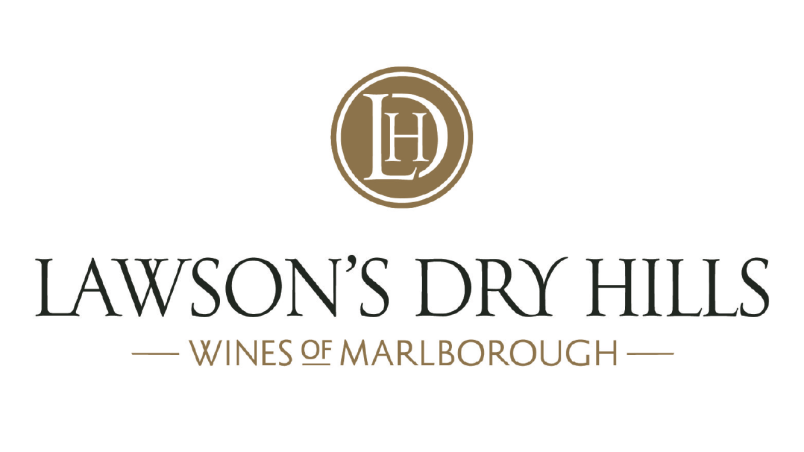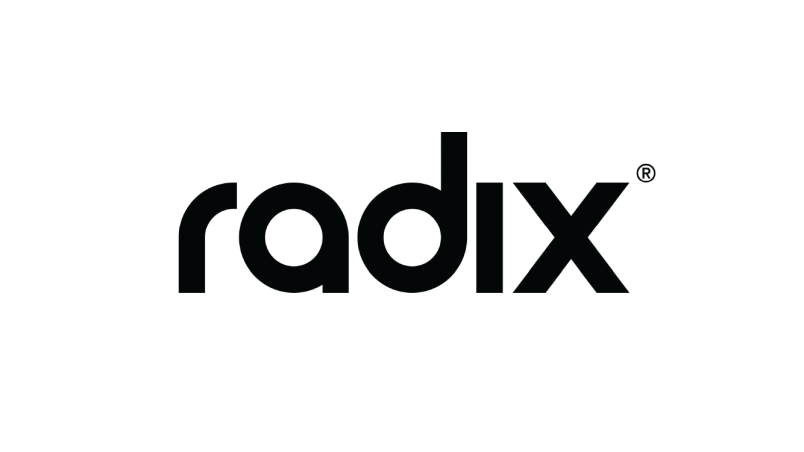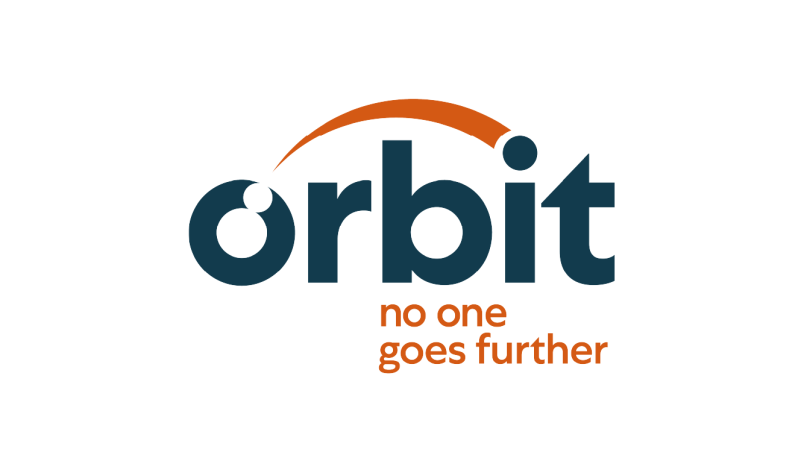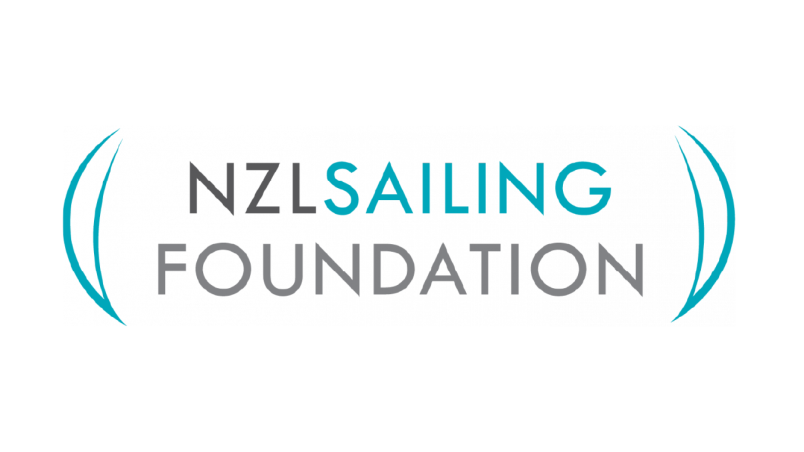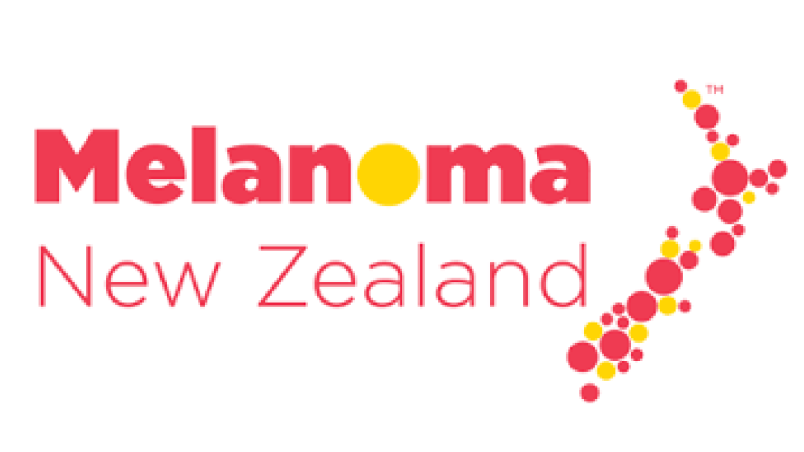Yachting New Zealand advocate for projects that will add value and enhance yachting and boating and the coastal environment we enjoy. Often this involves protecting our environment and cruising grounds we enjoy so much.
Yachting New Zealand advocacy policy
Yachting New Zealand have, on many occasions, ensured regulatory bodies, government agencies and local councils are made aware of the views of boaties and the impact of potential regulations and bylaws on our ability to use the marine environment for recreational cruising and for club activities and racing.
The work undertaken to advocate on behalf of members requires a great level of resources in terms of finances, time and manpower. This resource is finite, therefore we need to focus our efforts to ensure the best outcomes for sailing and boating. We are developing a national advocacy policy to guide what we will focus on and the outcomes we are seeking for the sport. This will be available soon.
While some issues do not affect every boatie today, a large number of people might one day own or cruise on friends' keelboats and launches and will wish to do so in an environment that is as reasonably unrestricted as possible.
Yachting New Zealand position on aquaculture
Yachting New Zealand are not opposed to aquaculture, however, aquaculture and much of the activity we promote and protect is mutually exclusive. The physical nature of aquaculture means it will take up space in the marine coastal area that then cannot be used by others and/or will pose navigational hazards in some areas.
Yachting New Zealand consider it important that aquaculture development takes place in areas where there will be no adverse effect on the community’s access to the water for recreational use. It is important that Yachting New Zealand and clubs are active in making submissions on applications for marine farms, reviews and changes to regional policy statements and coastal plans.
Yachting New Zealand seek to ensure that:
- Aquaculture development takes place in areas where there will be no adverse effect on the community’s access to the coastal marine area (CMA) for recreational use.
- That government (central, regional and local) place appropriate weight on the importance of recreational boating concerns.
- That any aquaculture structures are illuminated and marked in a way that they are visible in all conditions.
- That all proprietors of farms are required to pay an adequate bond to cover removal of structures once farms outlive their usefulness.
- That government (central, regional and local) consider the impact any new farms will have on local tourism and marine industries.
Policies should take into account the effect aquaculture has on:
- Access by boaties to water to valued/used parts of the CMA
- Recognised anchorages
- Navigational hazards and recognised navigational routes
- Enjoyment and appreciation of inshore environments
Yachting New Zealand feel government (central, regional and local) need to recognise New Zealand’s maritime culture and history along with the high recreation value of our coastal marine area. Inshore waters are used by more than 900,000 recreational craft.
Growth in aquaculture in New Zealand needs a balanced, well-considered and well-managed approach. The Government needs to be wary of overly permissive rules for the aquaculture industry and economic gains at the expense of our environment and natural playground that makes New Zealand such a strong maritime country.
Yachting New Zealand are particularly focused on:
- Inshore waters for small sailboat racing
- Bays, passages and coastal area used for cruising
- Sheltered anchorages for safe day and overnight stays
- Ports of refuge in foul weather
- Navigational hazards posed by imposed structures
- Common navigational passages used by boaties
- Areas of high use for diving and recreational fishing
- Areas with high natural character and/or high amenity values
- Future tourism
See Yachting New Zealand's full position paper on aquaculture from June 2012
